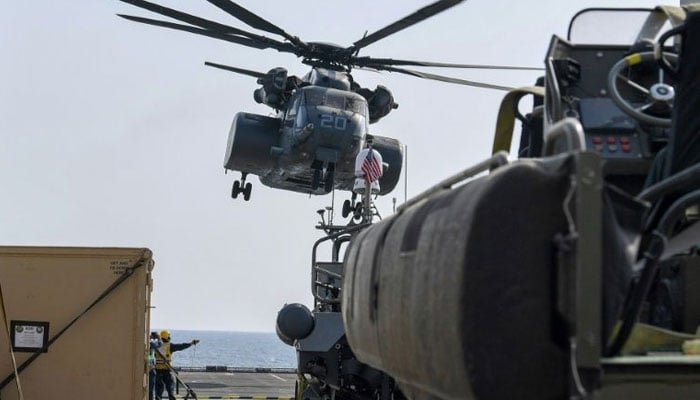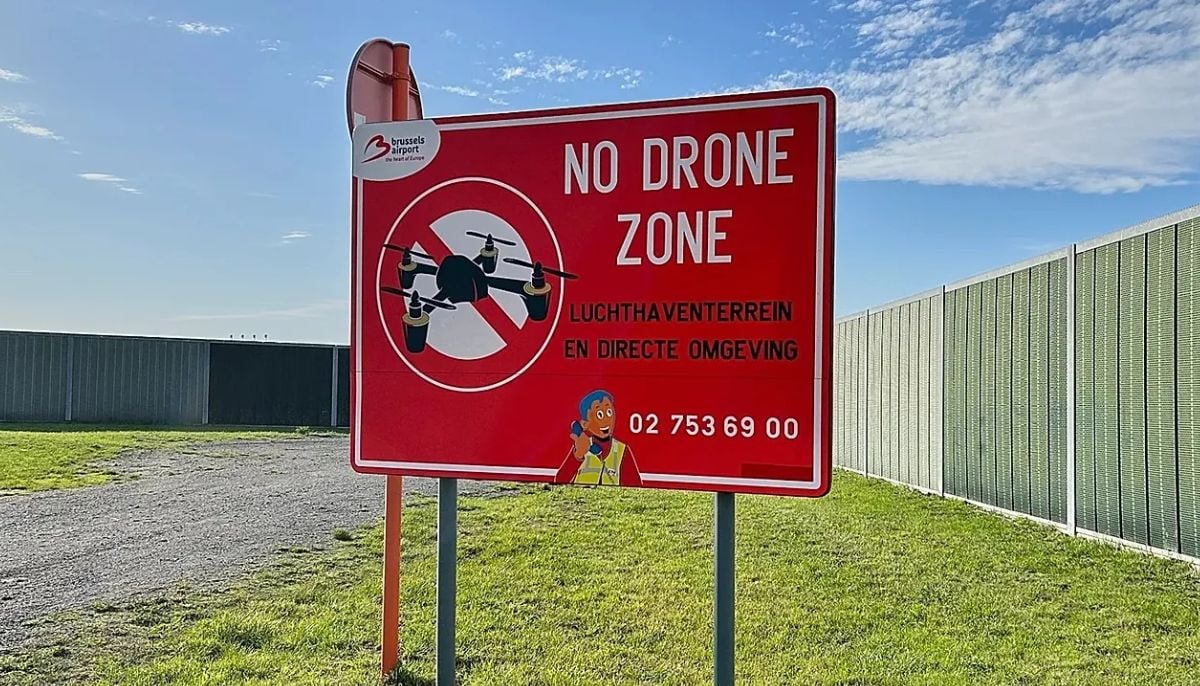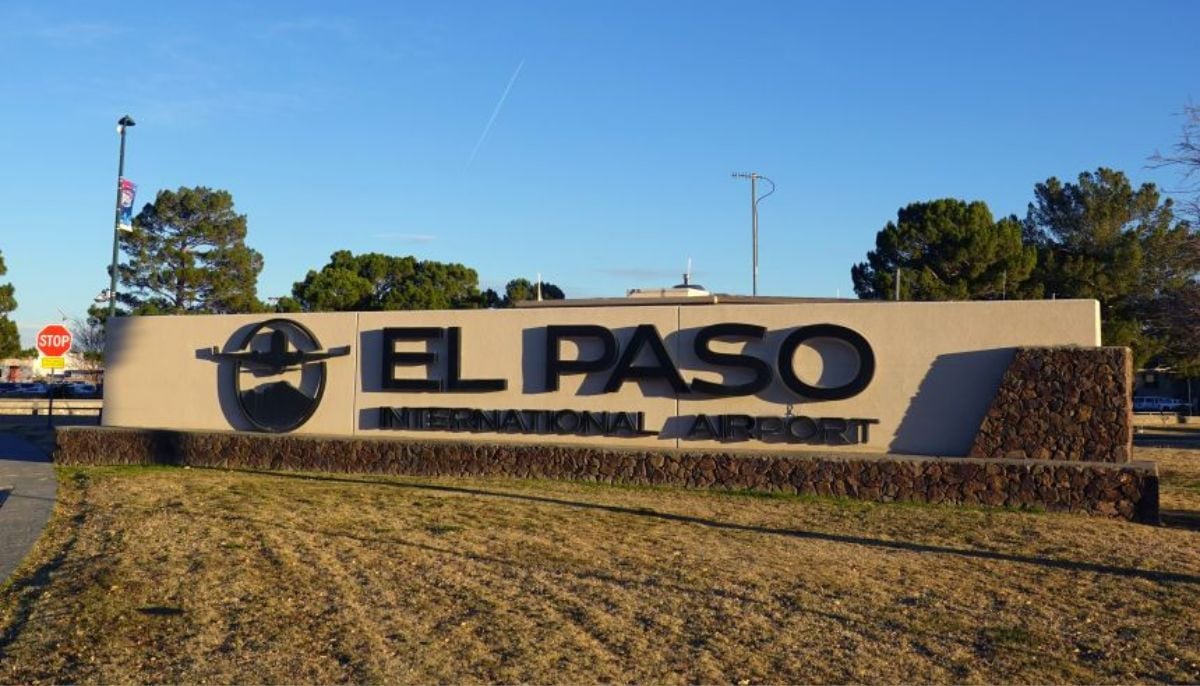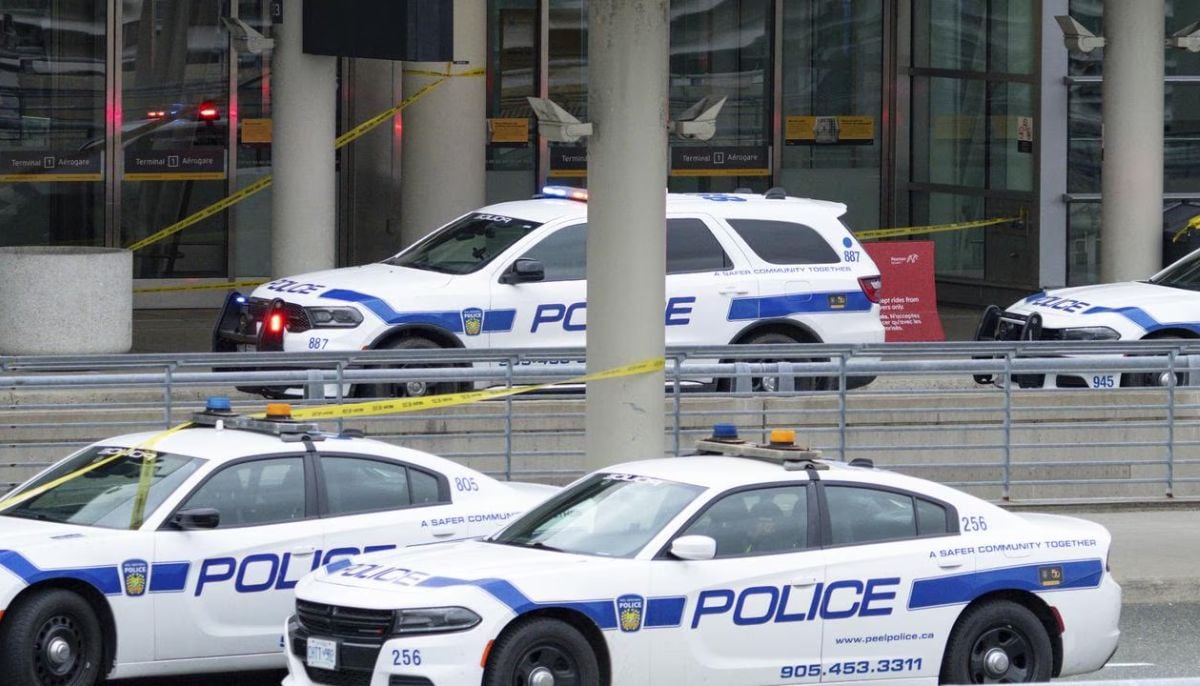US navy prepares allies to 'protect navigation' in Gulf
US navy prepares allies to 'protect navigation' in Gulf: The US´ three-week-long International Maritime Exercise (IMX) that began on October 21 comes after a number of commercial vessels were attacked in the Gulf from May, ratcheting up regional tensions.
DUBAI: The United States is training Gulf allies to "protect navigation" in the region´s troubled waterways, as Washington seeks to build an alliance of friendly nations to contain Iran.
The US´ three-week-long International Maritime Exercise (IMX) that began on October 21 comes after a number of commercial vessels were attacked in the Gulf from May, ratcheting up regional tensions.
The IMX is the second largest maritime exercise of its kind, with 5,000 personnel, 40 vessels and 17 aircrafts from 50 countries deployed to the strategic waterway that separates Iran from the pro-US Arab Gulf monarchies.
"This is the first time we are taking part in the IMX," the head of a Saudi naval de-mining team, Ali Bin Shreidi, told AFP aboard the Cardigan Bay, a British Royal Fleet Auxillary landing ship dock, 40 miles (65 kilometres) off the Bahrain coast.
The officer and his three-member team were participating in the day´s exercises dedicated to de-mining.
"We are here... to increase our capabilities and share our expertise in fighting mines, in order to protect navigation."
In June, the US Navy alleged that a mine resembling Iranian weaponry was used in an attack on the Japanese-owned Kokuka Courageous tanker that was targeted as it passed through the Gulf of Oman.
Then in July, Iranian Revolutionary Guards seized a British-flagged oil tanker, holding it for more than two months before releasing the vessel.
In response to the incidents, the US formed a naval coalition to protect navigation in a waterway that is critical to global oil supplies.
Bahrain, which hosts the US Navy´s Fifth Fleet, joined the US-led naval coalition in August. Saudi Arabia and the United Arab Emirates followed suit in September.
The United Kingdom and Australia are the principal Western partners to have agreed to send warships to escort commercial shipping in the Gulf.
Animosity between Tehran and Washington has soared since the US unilaterally abandoned a multinational deal on curbing Iran´s nuclear programme last year and reimposed heavy sanctions on the Islamic republic.
Most European states have declined to participate in the naval coalition, fearful of undermining their efforts to save the nuclear accord with Iran, which was badly weakened by the US withdrawal.
-
Nancy Guthrie abduction: Piers Morgan reacts to 'massive breakthrough' in baffling case
-
Texas father guns down daughter after heated Trump argument
-
FAA shuts down El Paso Airport, flights suspended for 10 days: Here’s why
-
Teacher abused children worldwide for 55 years, kept USB log of assaults
-
Savannah Guthrie expresses fresh hope as person detained for questioning over kidnapping of Nancy
-
Tumbler Ridge school shooting among Canada’s deadliest — Here’s where it ranks
-
Suspect detained as authorities probe Nancy Guthrie’s abduction
-
Tumbler Ridge tragedy: Nine killed, 25 injured after school shooting in British Columbia












